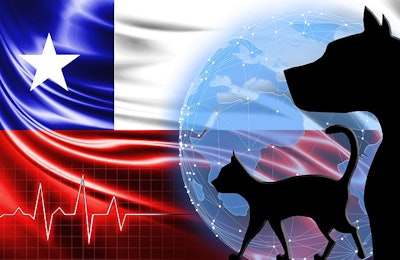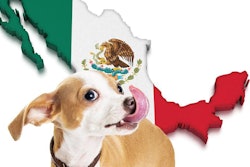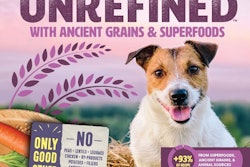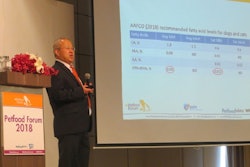
By 2050, the United Nations projects that 68% of the world’s population will live in cities, up from 55% in 2018. In Chile, as in most other nations, internal migrations occur as folks leave the family farm for opportunities in cites, which influences Chilean pet food purchases towards small packages for small dogs and cats.
Internal migration influences Chilean dog food market
City dwellers still want the camaraderie and other health benefits of animal companions. However, large, active dogs fit on a farm better than in a city apartment. Chilean pet owners have responded to this situation in a similar way to people around the world. Small breed dogs and cats have grown in popularity as Chilean urban centers have grown in population.
Chilean dog owners now demand more small breed formulations in both premium and mass market dog food brands than in past decades, said Patricia Muñoz of Empresas Carozzi, a Chile-based maker of dog and cat food along with many human products. Those same customers also tend to purchase smaller packages than owners of large dogs. Demand for Carozzi’s dog foods in other Latin American markets has followed similar trends.
Chilean pet owners movement toward smaller dogs and cats influenced Carozzi’s pet food line. In the company’s premium line, Nutri Balance, there are now small breed formulations. Likewise, Carozzi’s mass market line, Master Dog brand, has recipes for small dogs.
Age-based formulations have also been a driver of new products for Carozzi. For example, the small breed Nutri Balance line includes puppy and adult formulas, as does Master Dog.
Carozzi’s formulation followed other global pet food trends. The Nutri Balance packages prominently display the protein quantity. Stating that there are no added colorants is also noted in bold. Health claims appear on the front of the package with icons and mention skin, immune system and digestion benefits.


















